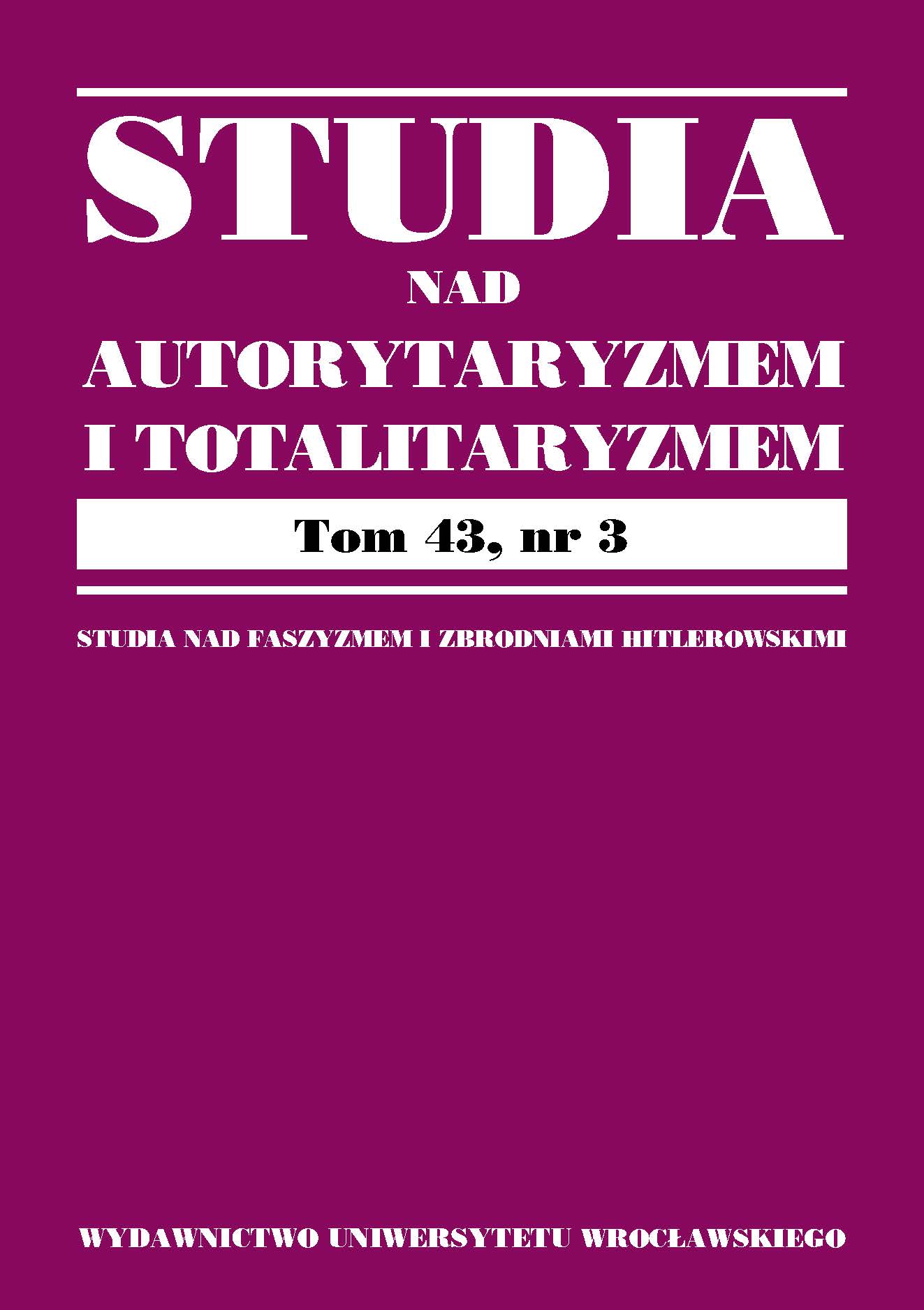

Articles

Since the beginning of the 21st century, Turkmenistan’s economy has been growing very fast, which has been primarily generated through the extractive sector and construction industry. After the energy price collapse in mid-2014, the country has recorded a shortage of foreign currency. The authoritarian regime passed currency and economic problems onto the society. As a result, the country has experienced the most severe food crisis in its history.
The main aim of the paper is to identify the reasons behind the food crisis in Turkmenistan. The paper tries to answer the following question: how did it happen that people in one of the fastest-growing countries in the 21st century have been suffering from food shortages? The study is based on data retrieved from the World Bank Open Data, ILOSTAT, and Observatory of Economic Complexity, as well as a critical review of independent news websites.
The food crisis in Turkmenistan was primarily caused by hyperinflation and rationing basic groceries at preferential prices, wage arrears, cutting salaries of state employees to fund construction projects in progress, group layoffs of state employees, growing difficulties in running a private business, and depriving people of the possibility to exchange the currency at the official rate. The end of a free provision of Turkmenistan’s population with electricity, gas, and drinking water has further deepened the crisis.